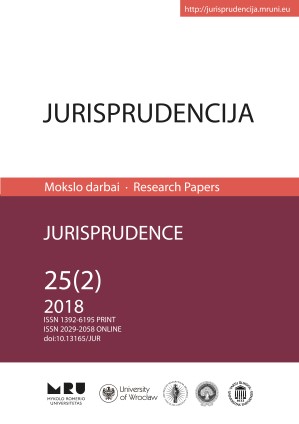DAUGIAU PROBACIJOS, MAŽIAU KALINIŲ? AR PAGRĮSTAS KALINIŲ SKAIČIAUS MAŽINIMO LŪKESTIS?
MORE PROBATION, LESS PRISONERS? IS THE EXPECTATION OF REDUCING THE RATE OF IMPRISONMENT JUSTIFIED?
Author(s): Simonas NikartasSubject(s): Law, Constitution, Jurisprudence, Penal Policy
Published by: Mykolas Romeris University
Keywords: probation; penalties; community sanctions; imprisonment; penal policy;
Summary/Abstract: The article examines the question of whether the development of probation measures is related to the decrease in the number of prisoners or, in other words, whether probation measures are used as an alternative to imprisonment. The probation measures in international and national policy documents, in the statements of politicians and in research publications are associated with a reduction in the number of prisoners. However, the analysis of the European countries punishment trends has raised doubts whether the goal of reducing the number of prisoners by applying probation measures is actually achievable. The article reveals the tendency that in European countries with widespread application of probation measures, there is also widespread use of imprisonment, and vice versa, in countries where the level of imprisonment is low, there are also few people under the probation supervision. The analysis showed that some similar trends in the application of probation measures are characteristic of states with common historical, geopolitical, social and cultural contexts. The article assumes that the main factor determining both the extent of imprisonment and the application of probation measures is the penological social culture and tradition or, in other words, the „punitive climate“ prevailing in the society.
Journal: Jurisprudencija
- Issue Year: 25/2018
- Issue No: 2
- Page Range: 380-401
- Page Count: 22
- Language: Lithuanian

